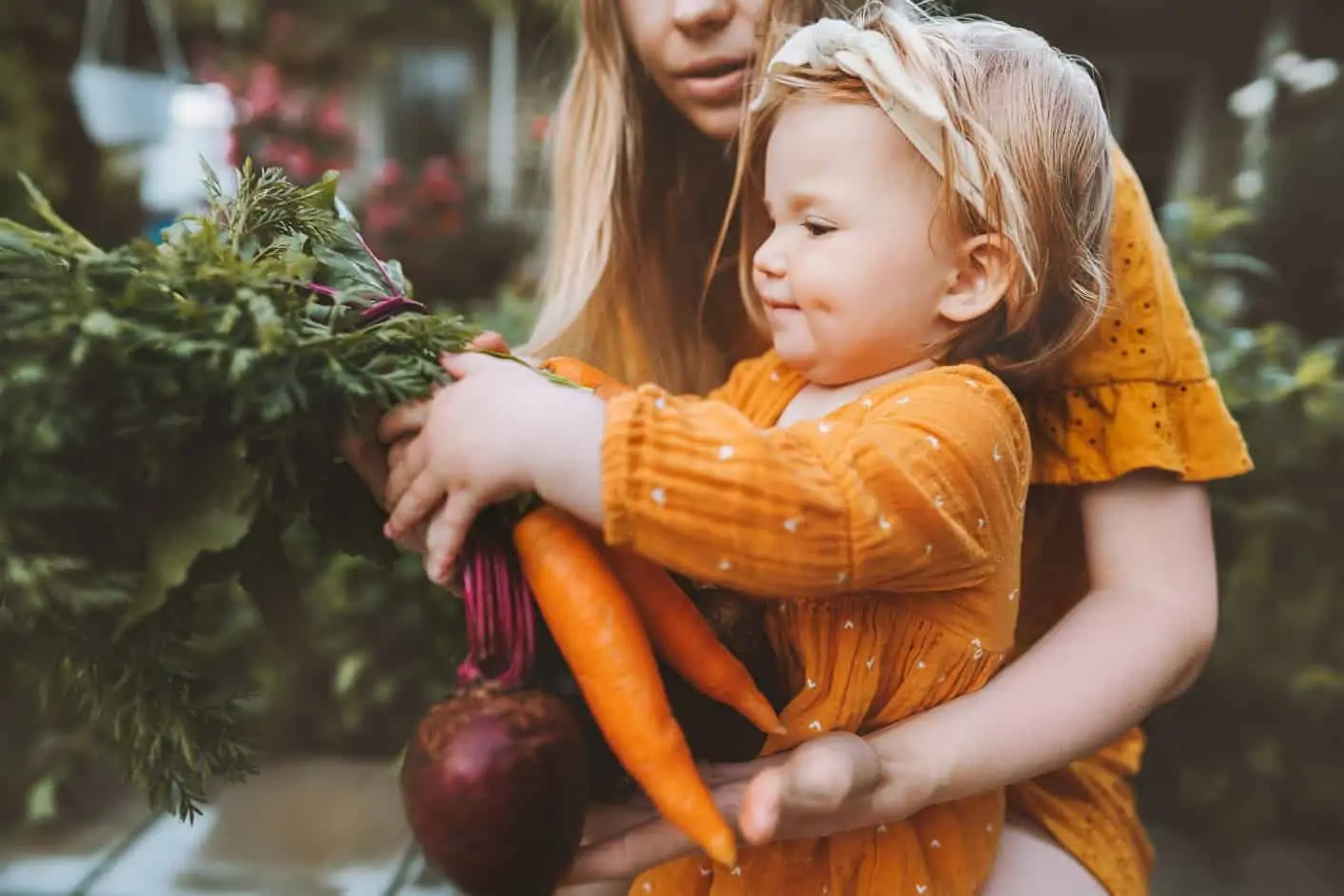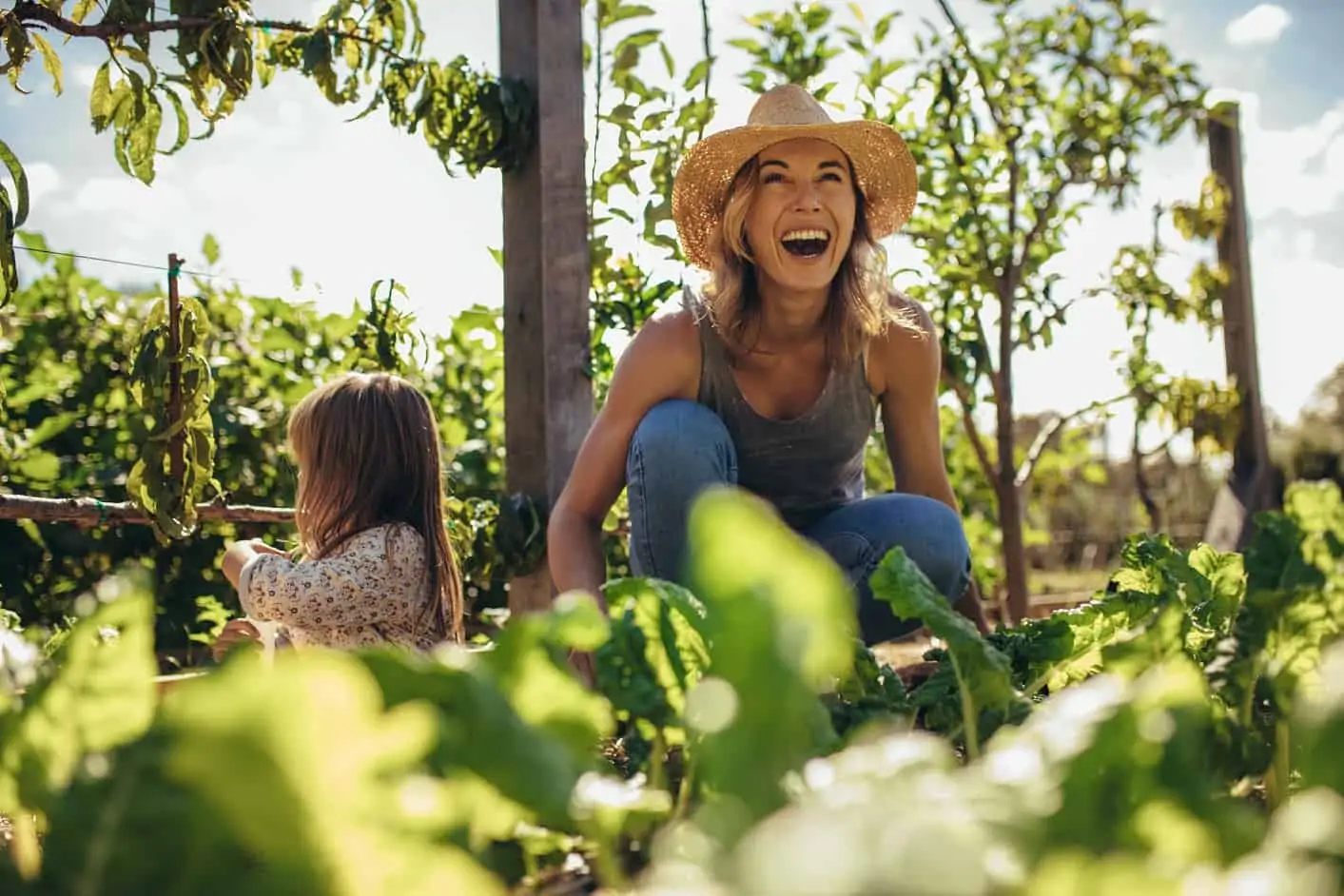
Supporting a sustainable way of life is something we’re truly passionate about here at So Cosy. There are, after all, so many things people can do to make a difference.
Being more sustainable and helping the planet to live on for generations to come isn’t about grand gestures. Just a few simple changes to your everyday life can have a huge impact, but where do you even begin? Read on to discover our top ways to support sustainability at home in your everyday life.
Start growing your own…
You don’t need a huge plot of land to start growing your own produce at home. Even homes where there’s just a window box or balcony to play with can yield a fantastic harvest that cuts food costs down and tastes incredible. Just check out this easy vegetable container garden guide if you’re short on space.
Growing your own is also great for the planet as Triangle Pest Control explains:
“When you buy foods from these shops, you should take into consideration the sad, but true, fact that these foods travel an average of 1,500+ miles before ever being consumed. Not only does this impact the freshness and flavour of the food, but more importantly, this emits dangerous amounts of carbon emissions and waste associated with air freight and other transportation methods into the atmosphere.”
Growing your own food at home helps to avoid the use of harmful pesticides and fertilisers that are detrimental to wildlife, natural environments and human health. Growing your own also encourages you to cook from scratch and minimise food waste to help the planet further.
…and shop local for everything else
Minimising the miles the food you eat has travelled and eating what’s in season is what sustainable shopping and dining are all about.
By shopping locally at a farmers’ market or independent food producer, you can continue to support the planet even if the ingredients on your shopping list aren’t available from your own kitchen garden. Discover 5 more reasons to visit your local farmers’ market here.
Learn to use your leftovers
Using your leftovers is a powerful thing and promotes sustainability in the average family home. As well as growing your own to reduce food waste, managing and serving leftover ingredients is environmentally friendly, and it’ll save you money too.
Leftover fruit, vegetables, fish, meat, bread, potatoes, pasta and rice can all be reused with reimagined dishes that’ll keep your family fed, healthy and sustainable.
Be smarter about your energy consumption
Reducing how much energy you use at home can make a big difference to the health of the planet and your bank balance. We may have been spending more time at home than ever during the pandemic but with lockdown restrictions easing, getting out and about is back on the agenda. What better time to work on reducing your energy consumption!
Put your lighting and heating on timers to use only what you need, switch appliances off at the wall to save energy, use dimmer switches, get into the habit of turning off lights when you leave a room, swap halogen light bulbs for more energy-efficient LEDs, and on dry days hang your laundry on the washing line instead of using the dryer.
As temperatures drop you may be tempted to turn your household heating up to tropical levels. Instead of upping the temperature of your thermostat, don your favourite woolly jumper to keep you warm and cosy all autumn long.
Go natural with your wardrobe choices
With the temperatures outside cooling, it’s time to dig out those winter woollies and wrap up warm for the season ahead. As new trends come into play, you may also be inspired to invest in a few new pieces to add to your autumn/winter wardrobe.
To support sustainability, keep your fashion choices classic, not super trend-driven. By investing in timeless pieces, you’re more likely to wear them again and again, instead of throwing them away when they lose their appeal.
Choosing natural materials over man-made is another must. As well as looking and feeling so much better, clothing made from natural materials lasts a very long time.
Natural fibres, like wool, are also renewable and biodegradable. This means that buying a beautiful new alpaca scarf or a Merino wool blanket that doubles as a shawl supports sustainability and keeps you stylish for many seasons to come.
Images: everst, Jacob Lund / Shutterstock.com
